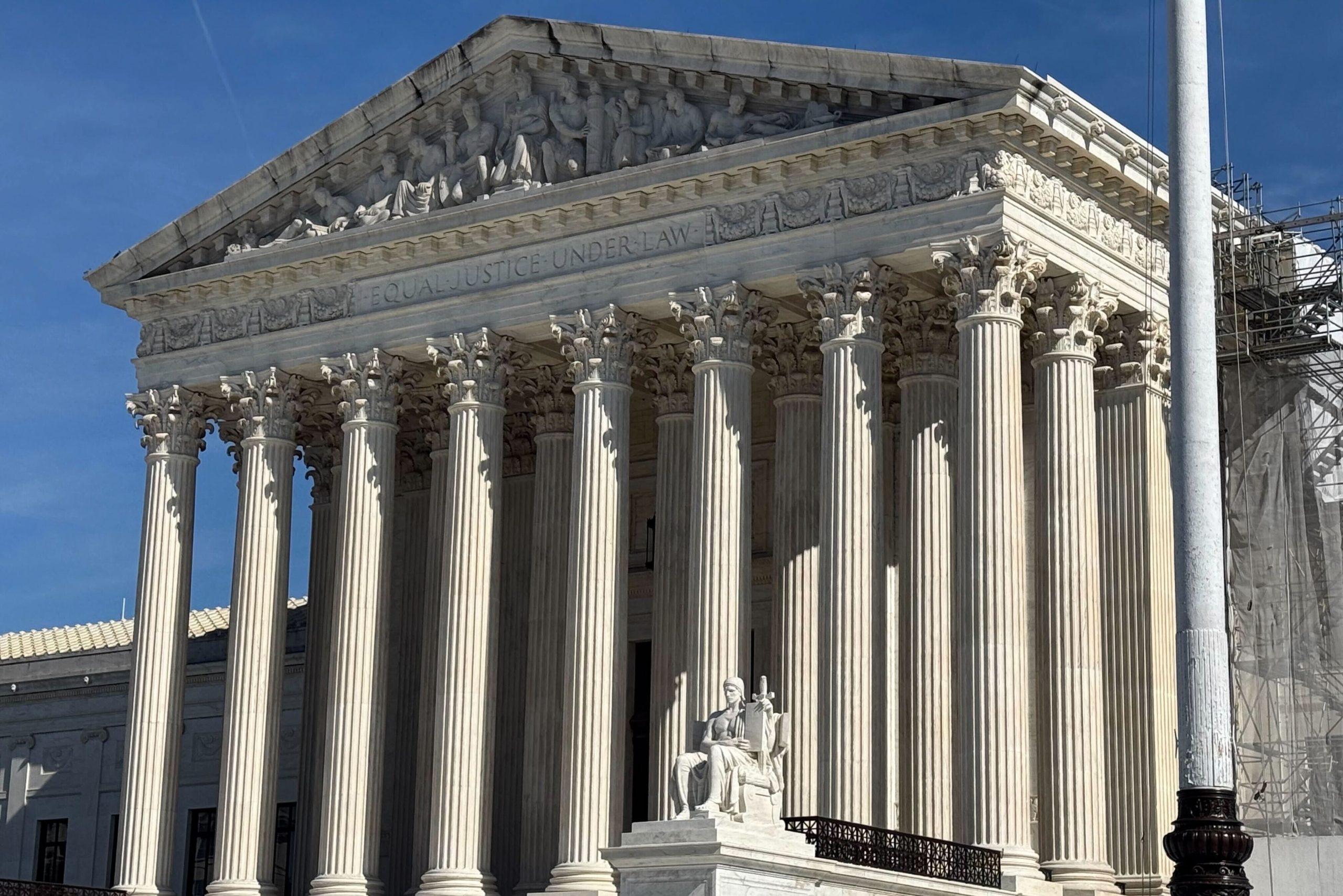SCOTUS NEWS
Supreme Court rejects Mark Meadows’ appeal in 2020 election interference case

on Nov 12, 2024 at 11:09 am

The Supreme Court turned down a plea from Mark Meadows, who served as chief of staff to Donald Trump during his first term in office, to transfer his Georgia election interference prosecution to federal court. The announcement came as part of a list of orders released on Tuesday morning from the justices’ private conference last week. The justices did not add any new cases to their docket for the 2024-25 term.
Meadows, along with Trump and 17 others, was indicted in 2023 by a Fulton County grand jury on charges that he had interfered in the 2020 presidential election in Georgia. Meadows sought to move his case to federal court, arguing that he had been acting in his official capacity as chief of staff and could therefore seek immunity from prosecution.
A federal district court rejected his plea, concluding that Meadows had not shown a connection between the conduct for which he had been indicted and his job as chief of staff.
The U.S. Court of Appeals for the 11th Circuit upheld that decision. It reasoned that the law allowing federal officials to move their cases to federal court does not extend to former officers. But in any event, the court of appeals added, Meadows’ “participation in an alleged conspiracy to overturn a presidential election was not related to his official duties.”
The justices also declined to take up a pair of challenges to New York’s rent-regulation laws, and in particular to the 2019 amendments to the laws. The challengers – landlords in New York City and Yonkers – contended that the amendments are a physical taking of their property, in violation of the Constitution, because they give tenants a veto over the conversion of buildings into condos, which denies them the right to use their property as they see fit, and because they limit the landlords’ ability to reclaim rental properties for their own use.
The landlords had also asked the justices to overrule or clarify their 1978 decision in Penn Central Transportation v. New York City, in which the court ruled that the ban on construction of a 55-story office tower over New York’s Grand Central Terminal did not limit the use of the property so much that it effectively deprived the owner of the use of its property.
However, after considering the cases for several weeks, the justices ultimately denied review, with Justice Neil Gorsuch noting that he would have granted the petitions.
The justices did not act on several of the high-profile petitions for review that they considered last week, including a challenge to the admissions policy at three of Boston’s elite public schools and an effort by Wisconsin parents to challenge a school district’s policies for supporting transgender and non-binary students.
The justices are scheduled to meet for another private conference on Friday, Nov. 15.
This article was originally published at Howe on the Court.


